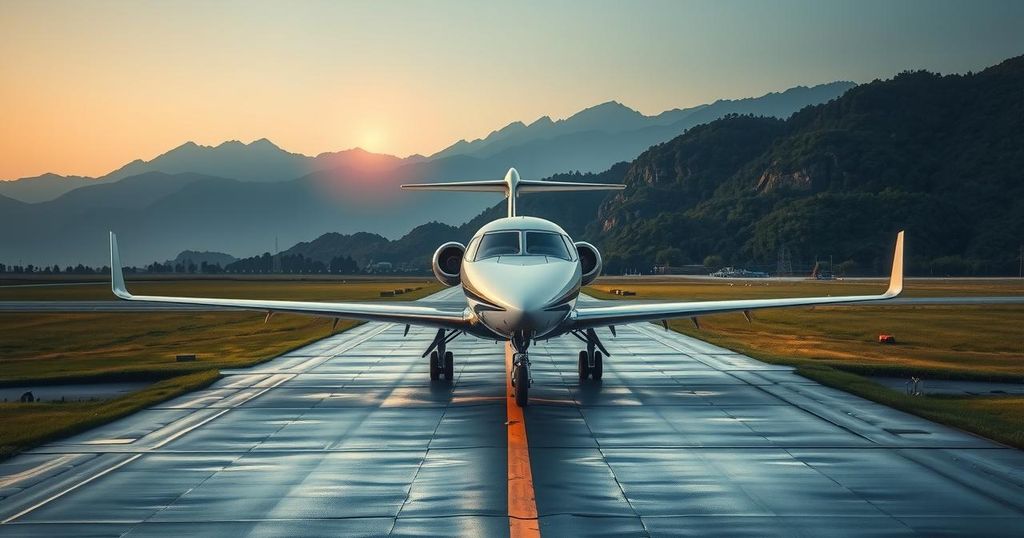President Boakai’s frequent private jet usage has sparked public outcry amid Liberia’s economic challenges, leading to questions about his commitment to fiscal responsibility. The criticism increases following recent travel after his State of the Nation Address, reflecting citizens’ frustrations over the administration’s spending choices. As he heads to Tanzania for an energy summit, concerns persist regarding the appropriateness of such expenditures given the country’s pressing needs.
President Joseph N. Boakai of Liberia is facing significant backlash due to his frequent private jet travel, particularly highlighted by his recent trip to the Mission 300 Africa Energy Summit in Tanzania. This scrutiny comes in the wake of a public outcry concerning the financial burden of the President’s travel expenses, raising questions of transparency and accountability in governance. The criticism escalated shortly after the President’s State of the Nation Address, where issues of fiscal responsibility were emphasized.
The concerns surrounding President Boakai’s travel have intensified following various private jet voyages, which have drawn public ire. The situation was exacerbated by Montserrado County Senator Abraham Darius Dillon’s recent apology to former President George Weah regarding past criticisms of his private travel. Dillon’s remarks underscore the growing discontent among citizens over the financial implications of these expenditures, sparking discussions about ethical governance.
Jonathan Paye-Layleh, a former BBC correspondent, also weighed in on this debate, accusing Senator Dillon of hypocrisy within the context of private jet use. Critics maintain that the President’s choices reflect a lack of sensitivity toward the economic hardships faced by many Liberians. As President Boakai embarks on his trip to Tanzania, doubts about his commitment to fiscal restraint have resurfaced, especially in light of ongoing challenges in health, infrastructure, and education areas.
As the President engages with international leaders on energy issues, public skepticism about the justification of such costly travels will likely grow. The financial decisions made by President Boakai could potentially damage his credibility, especially given the current economic difficulties confronting the nation. This controversy serves as a reminder of the critical nexus between leadership choices and public welfare in Liberia’s political landscape.
The ongoing dissatisfaction regarding President Boakai’s travel expenses highlights broader concerns about governance in Liberia. The country continues to deal with significant economic challenges, creating a dilemma for leaders regarding the perception and reality of public spending. The use of private jets by high-ranking officials has previously sparked debate over the appropriate balance between necessary travel for representation and the extravagance that may seem disconnected from the struggles faced by the populace. This situation raises essential questions about the priorities and values of Liberia’s leadership amid pressing national issues.
In summary, President Boakai’s extensive use of private jets has ignited public outrage, particularly during a time of economic struggle in Liberia. The criticism reflects deeper concerns about accountability and the use of taxpayer resources. As he attends the Africa Energy Summit, the ongoing dialogue about fiscal responsibility and ethical governance remains crucial, demanding leaders to align their choices with the needs of their citizens. Fostering trust between the government and the people is imperative for sustaining national progress.
Original Source: frontpageafricaonline.com






